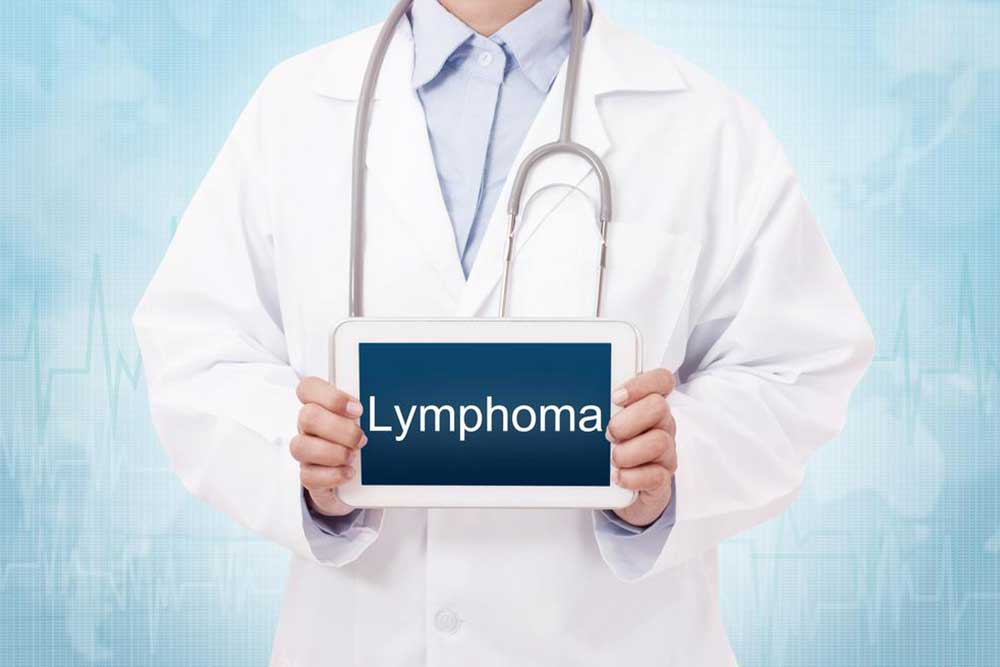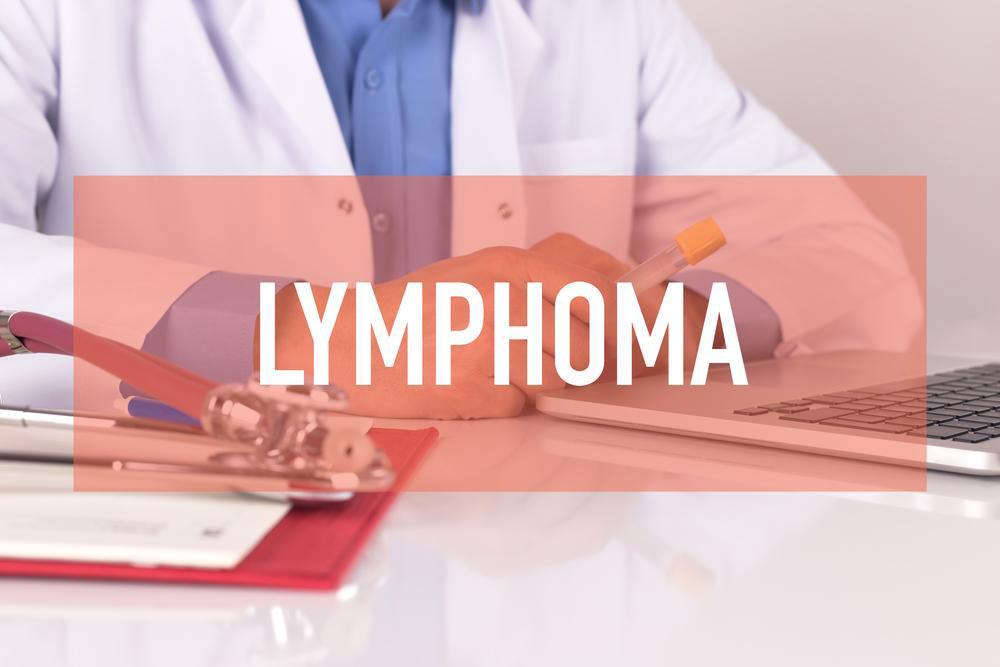Essential Insights on Neck Lymph Node Swelling and Management
This article provides comprehensive insights into swollen lymph nodes in the neck, including causes, symptoms, and effective management tips. Discover natural remedies, medical approaches, and lifestyle habits to ease discomfort and promote healing. Understand when to seek medical attention for persistent or severe swelling. Empower yourself with knowledge to distinguish between minor infections and serious health issues, ensuring timely treatment and better outcomes.
Sponsored

Understanding Neck Swollen Lymph Nodes: Causes, Symptoms, and Relief
Lymph nodes are small, bean-shaped organs part of the immune system, dispersed throughout the body. They are connected by lymphatic vessels and play a vital role in combating infections by producing white blood cells and antibodies. Swelling in neck lymph nodes, known as lymphadenopathy, often indicates infections, inflammation, or sometimes cancer. These enlarged nodes can help in diagnosing the severity or stage of diseases like cancer. Location-specific swelling, such as behind the ears or under the chin, often points to localized or systemic issues.
Commonly affected areas include the neck, armpits, and under the jaw, where lymphocytes produce antibodies to fight pathogens. Causes range from infections like sore throats, colds, and viral illnesses to injuries, tumors, or chronic conditions such as cancer. Generalized lymphadenopathy refers to widespread swelling across multiple lymph nodes, often related to viral infections or systemic illnesses.
Reasons for Lymph Node Swelling
Infections such as colds, mononucleosis, or mumps can cause lymph nodes to enlarge. Injury or tumors in the head or neck area are also common causes. Changes in breast tissue might cause armpit lymph node swelling, hinting at breast health issues. Systemic illnesses like HIV/AIDS, syphilis, or cancers can trigger widespread lymph node enlargement, signaling a need for medical evaluation.
If swelling causes pain during swallowing or persists with symptoms like fever, fatigue, chills, or night sweats, consult a healthcare professional. Diagnostic tools such as ultrasound and CT scans help assess lymph node size and condition. The neck contains about 300 lymph nodes, part of the body's extensive immune defense network.
How to Manage Swollen Lymph Nodes in the Neck
Typically, doctors recommend pain relievers like acetaminophen or ibuprofen to alleviate discomfort and reduce swelling. Boosting immunity through natural remedies—such as herbal teas made from licorice, wild indigo, mistletoe, or HypoxiRooperi—may assist in healing. Consuming honey with warm water or tea can soothe inflammation. Alternating cold and hot compresses also aids in decreasing swelling and relieving pain.
Additional Home Remedies
Eating garlic cloves can provide quick relief from pain and inflammation, while gargling with warm salted water helps reduce swelling. Apple cider vinegar’s acidity may strengthen immunity by balancing body pH, aiding in recovery. Mint-infused teas or juices contain menthol, which has anti-inflammatory and antibacterial effects. Turmeric, known for its pain-relieving qualities, can be added to warm water or mixed with honey for enhanced effect. Small doses of castor oil can detoxify lymph nodes, promoting faster healing.
Swelling in neck lymph nodes generally resolves within days, especially if caused by overactivity of immune cells. Gentle massage of the area helps restore proper lymphatic flow by clearing blockages, while exercise and yoga stimulate neck muscles and lymphatic movement. Consistent care and timely intervention lead to quicker recovery and relief.






